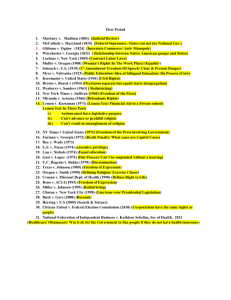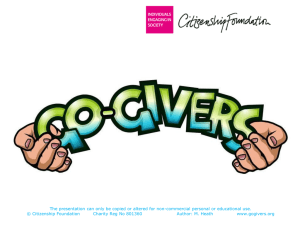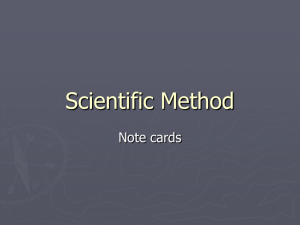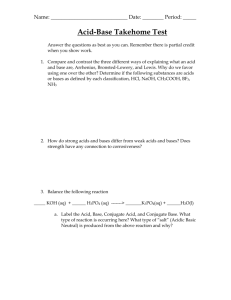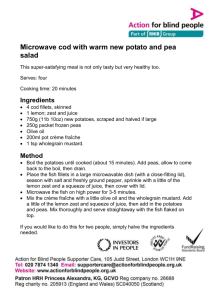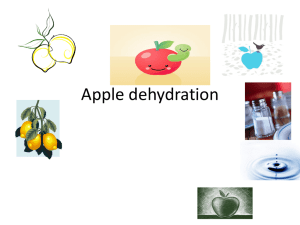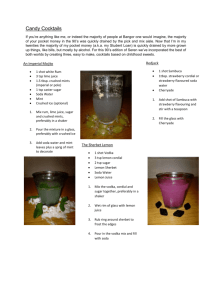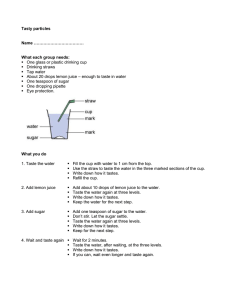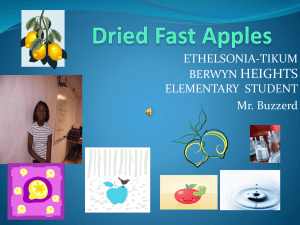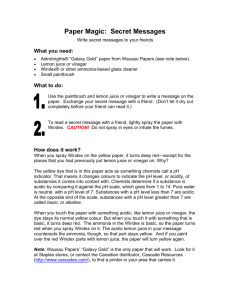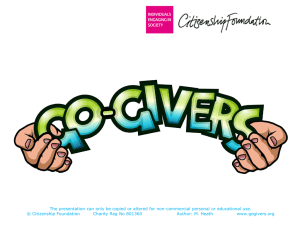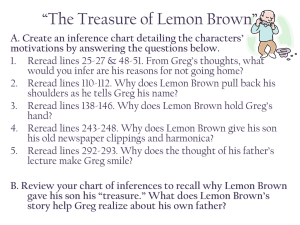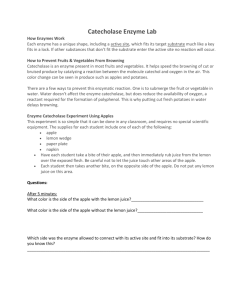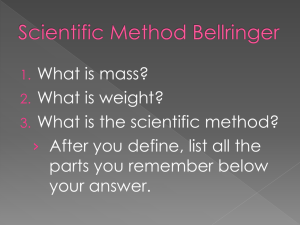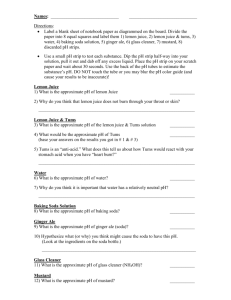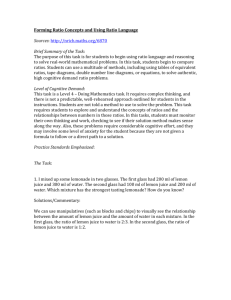Mediate - Ivybridge Primary School
advertisement
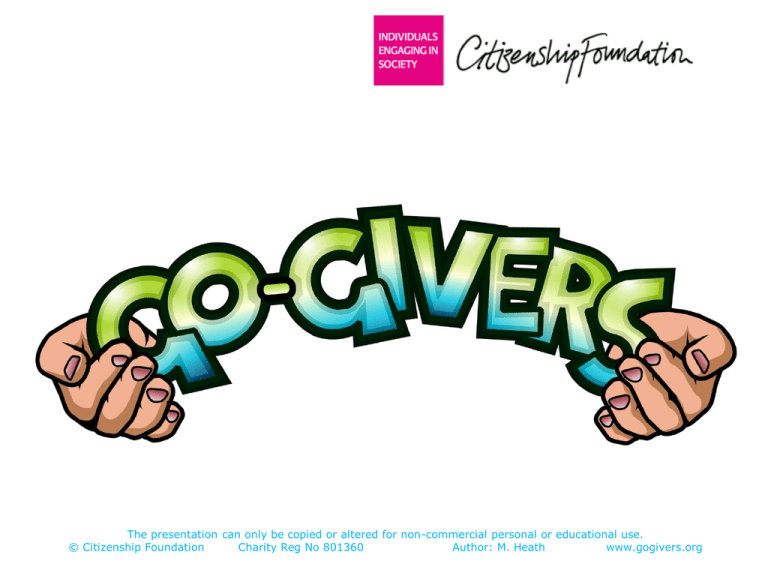
The presentation can only be copied or altered for non-commercial personal or educational use. © Citizenship Foundation Charity Reg No 801360 Author: M. Heath www.gogivers.org Using Go-Givers lessons • This PowerPoint is designed to inform, and to support critical thinking and discussion. • Go-Givers PowerPoints can be used in their entirety OR content can be saved and edited. • In order for the links and animation to work, always show the PowerPoints in ‘slide show’ view. • The green dot in the bottom right hand corner of the slide indicates when the slide animation is complete. • More information about using PowerPoint can be found here • The LEARNING ACTIVITIES are an essential and integral part of this lesson. They are linked at the end of this PowerPoint. This lesson explores how conflicts can be resolved by looking at things fairly, and how a mediator can help to make this happen. When we get into arguments with people, the problem won’t be sorted until both parties feel that they have been treated fairly. Grrrrr….. Grrrrr….. • • • • In order to make things fair, all parties have to: Understand Avoid making things worse Work together Find a solution First we have to try to understand – by putting ourselves in the other person’s shoes. Each person must be allowed to say how they feel – without being interrupted. In order for it to work: Each person must listen carefully to what the other has to say. Everyone must make sure they don’t make the situation worse … so NO: put downs revealing of secrets screaming or shouting fighting, kicking, pushing! Each person must be determined to work together with the others. This means: Taking turns Speaking quietly, but firmly Active listening Talking about how you feel, without blaming anyone. Now find a solution by brainstorming together. Think of as many ideas as possible! All parties must take responsibility for their part of the agreement. And stick to what has been decided. …. And be prepared to talk again if things aren’t improving. How’s about another chat? O.K. That’s cool! Once there were two women who both wanted a lemon. However, as luck would have, it there was only one left in the shop. Without discussion they both agreed to take half. One woman took her half lemon home and squeezed it to make a drink. The juice barely covered the bottom of the glass! The other grated the rind to make an lemon flavoured cake (although it wasn’t as flavoursome as she had hoped). The juice went everywhere! Had they taken the time to talk and negotiate with each other, they both could have had what they wanted- the juice or the rind of a whole lemon! Glossary • Negotiate - to discuss something • Mediate – to act as a go between • Resolve – to make your mind up Activities to complete this lesson include: • small group role play to practice mediation skills • writing own tale like ‘The Short Tale of the Lemon’ • making silhouette pictures Rate this lesson here. Click on the image above to view and/or download learning activities. If you enjoyed this lesson, why not try: Working for Peace WORKING FOR PEACE How some charities work for reconciliation. Areas of the World where there is strife. How can we make the World a more peaceful place? Co-operative games. Great Soul How Ghandi brought about change by peaceful means. Revenge and forgiveness. Racism and the law. Timeline. Useful Web Links • http://www.teach-nology.com/teachers/lesson_plans/health/conflict/ free lesson plans and resources on conflict resolution • http://www.brainy-child.com/article/sibling-relationship.shtml - tips on resolving conflict with children • http://www.teachingideas.co.uk/more/pshe/contents04developingrel ationships.htm - PSHE ideas, lessons and resources on encouraging children to work together • http://www.childcarelounge.com/activity/cooperative-games.php ideas for cooperative games


